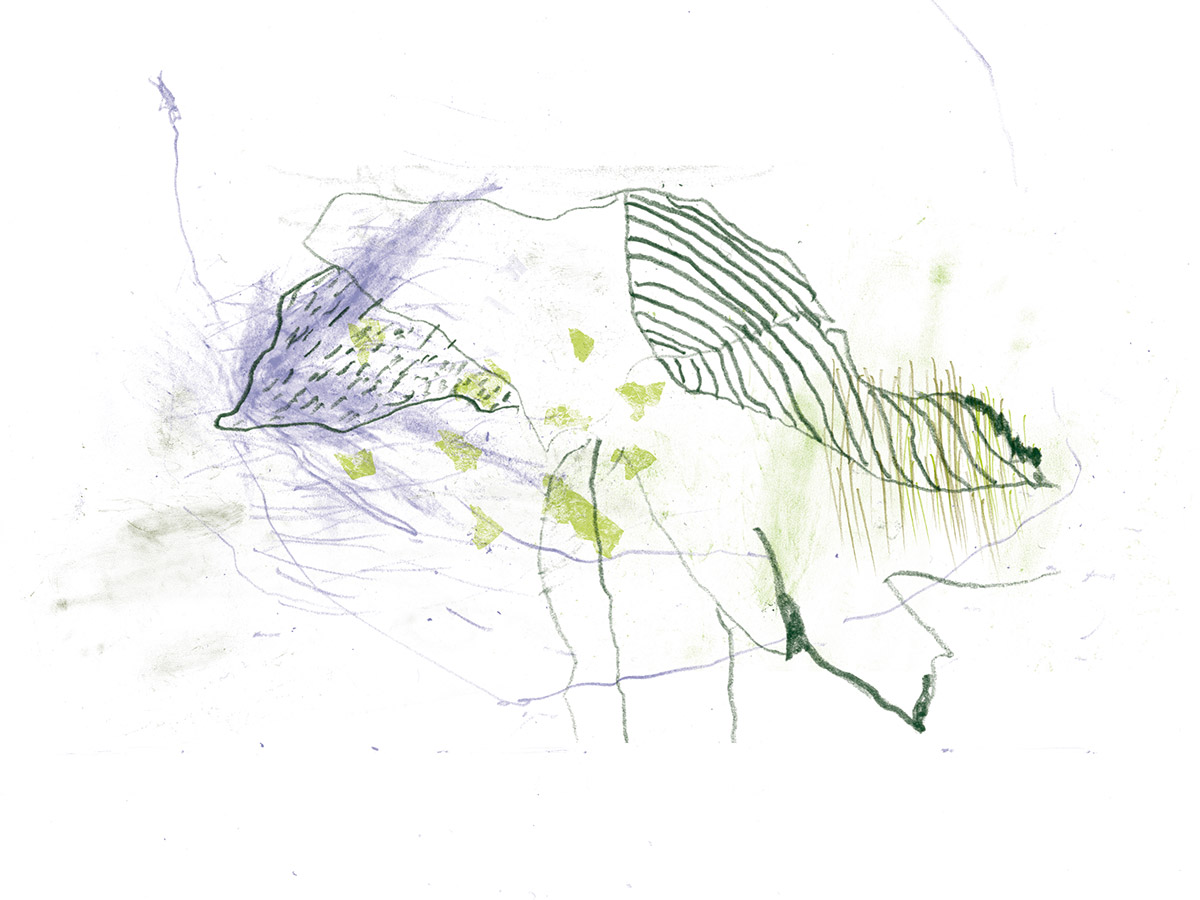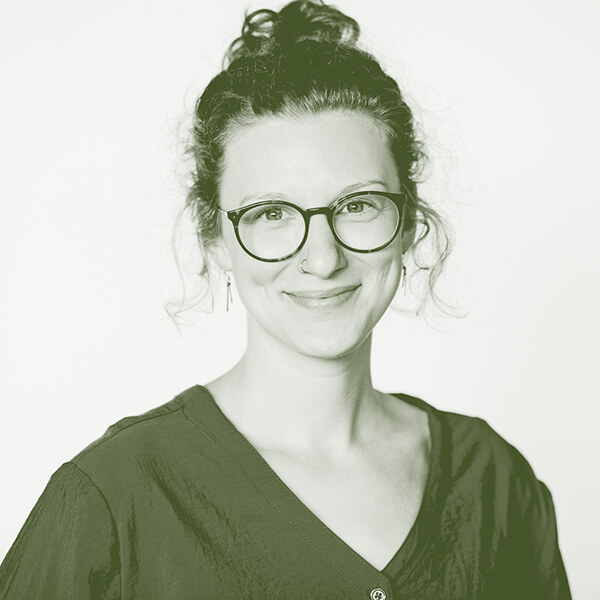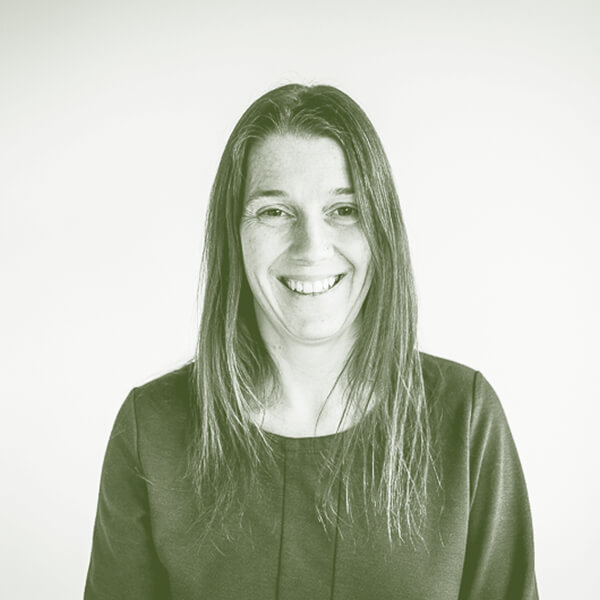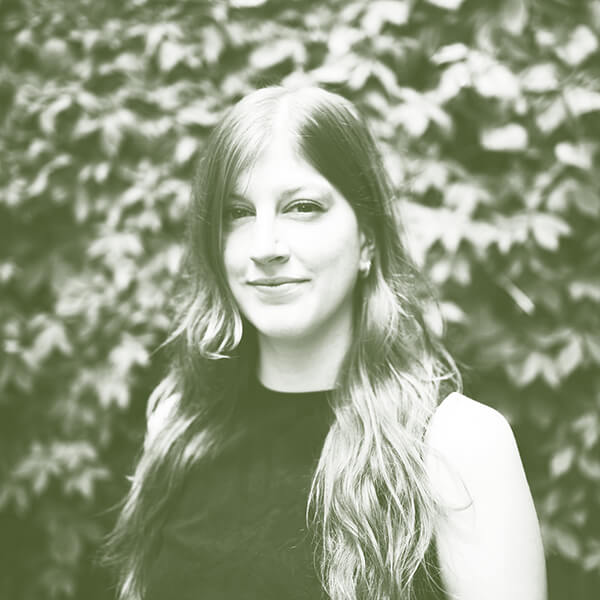cultiver
l'humilité
m8jagen
piwihozw8gan
cultivating
humility

What do we want to learn from plants? How can we untangle the conception of garden as a cultivated space so that we can better understand and transform the power relations that have been developed among different life forms? Cultivating Humility | M8jagen piwihozw8gan delves into the creation of plural spaces of knowledge and transmission, and into the interdependence among living things within which coherent ways of being part of the world are woven. This art and community event is an invitation to recognize and honour plants’ power to resist – a capacity that is not definitive in form; rather, it can be sensed in plants’ slow growth, toxicity, need for interaction, aptitude for regeneration, and fragility.
The works gathered here propose learning processes and invent ways to forge ethical relations with living beings. They surface the colonial heritage perpetuated in the Western history of plants and tell stories about realities left on the edges. They encourage us to be interested in reciprocal relationships among elements in the ecosystems of which we are a part. Arising from various kinds of awareness of the world, all of these works underline the emotional, cultural, ritual, and curative dimensions of plants; at the same time, they bring to light the processes of erasure, exploitation, dispossession, and exoticization established by colonial realities.
Deployed in a two-part exhibition, at EXPRESSION and at the Jardin Daniel A. Séguin, Cultivating Humility | M8jagen piwihozw8gan brings together cultural, community, and art practices. The event also makes a leap to La Pocatière and Saint-André-de-Kamouraska for a micro-festival organized with the artist-run centre Vrille art actuel, in collaboration with some of the region’s gatherers, artisans, scientists, and Wolastoqiyik knowledge keepers. It is also reflected in a series of community activities and workshops that allow us to experience and consider our relations with plants, organized with partners in Saint-Hyacinthe and the surrounding region and members of the Odanak W8banaki community, with the cooperation of the Grand Council of the Waban-Aki Nation. And it is extended into an experimental web space, hosted on the website of the 7th edition of ORANGE, in which diverse materials from artists in the exhibition are grouped. Titled LA FRICHE, this documentary constellation, stitched together by the assistant curator for the web project, Laura Demers, testifies to the artists’ perspectives and creative processes.
The encounters to which we invite you take place in unceded W8banaki and Wolastoqey territory, and we recognize these Nations as guardians of the land and water where we have the privilege of travelling, creating, and gathering. We have conceived this project in its entirety as an opportunity to learn from artists and knowledge keepers, and we hope to find you there together to be and do throughout summer 2022.
Curators

LaPlante

Leblanc
The curators Elise Anne LaPlante and Véronique Leblanc have formed a duo for this 7th edition of the ORANGE event. Gatherers, gardeners, and sippers of herbal tea, they seized the opportunity offered by this project to initiate new relations centred on thoughtful and curative practices involving plants. As Francophone curators – one Acadian and the other Québécois – Elise Anne and Véronique wish to acknowledge their privileges and the fact that their perspectives are those of settlers. Through their actions and relationships, they are committed to adopting a position of humility and reflecting on the ways that their curatorial practices can contribute to decolonization. One is particularly drawn to feminist and queer approaches and imaginaries, and the other to the collaborative and performative dimensions of engaged art practices; their interests intersect in a concern with undoing the hierarchy of knowledges. They share an affinity for decentralized art events and are exploring how to make this curatorial project into a space for collective learning.
Assistant curator,
web section

Laura Demers is an artist, writer, and independent curator based in Toronto. She holds a BFA in painting and drawing from the University of Ottawa (2015) and an MA in history and theory of Art from the University of Toronto (2017). She is interested in ecology, scientific and pseudoscientific discourses, local natural histories, and the materiality of our surroundings, both built and natural. Laura Demers is co-founder of the plumb.
What “Cultivating Humility”
means in
Aln8ba8dwaw8gan
In the title Cultivating Humility, the verb “cultivating” takes on two meanings: that used in farming and the figurative sense of growing something. As Aln8ba8dwaw8gan (Abenaki language) is a descriptive language rooted in tangible realities – unlike French (or English), which often plays on literary devices and metaphors – this type of concept is not directly translatable. Grammatically speaking, in Aln8ba8dwaw8gan it is not possible to cultivate something abstract, such as humility, and so the meaning of the title is interpreted differently. The words that are closest to the idea of Cultivating Humility are M8jagen piwihozw8gan, which can be translated literally as “growing, getting bigger” and “making oneself small.” The result in English would be something like “growing humility.”
In Aln8ba8dwaw8gan, each letter in a word is pronounced. The “8” is a nasal sound between “anh” and “onh” (like the “an” in the French word “maman”). The letter “j” is pronounced “dz,” and the “g” is always hard, as in the word “glove.” The “i” is pronounced “eh” and the letter “h” is always aspirated. Finally, the “a” is pronounced “aw,” as in “father.” So, the title M8jagen piwihozw8gan is pronounced “Mahndzawgen pehwehhozwanhgawn.”
Philippe Charland
Translator
